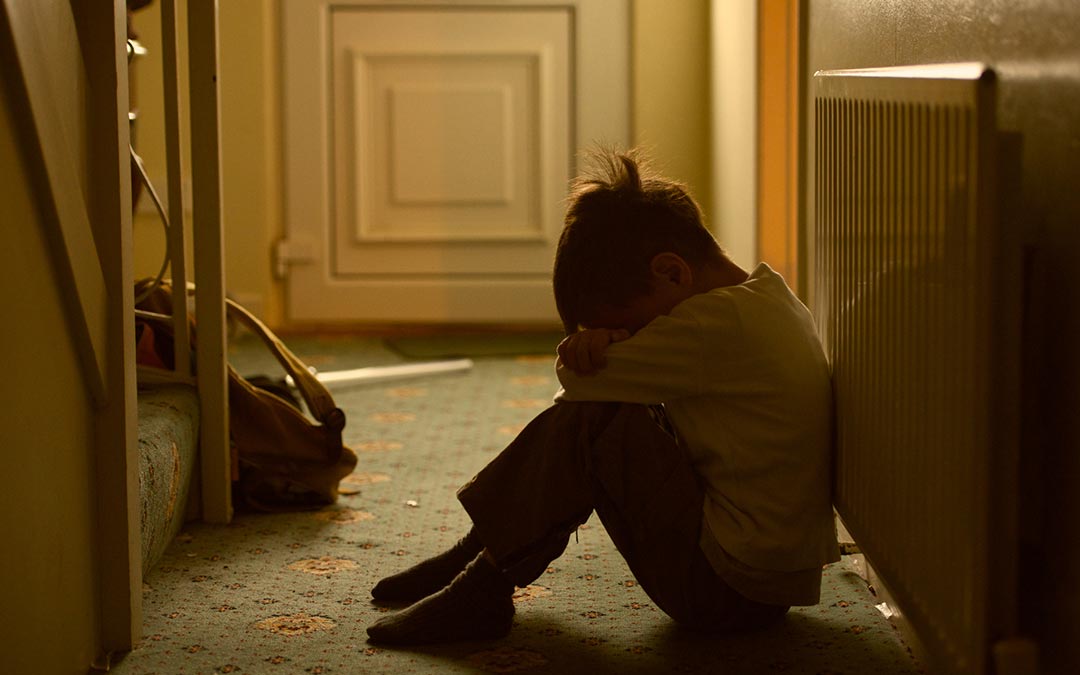By Patricia J. Corbin, MSW, LSW, ACSW
Patricia J. Corbin, MSW, is a psychotherapist at Family Service Inc., a private counseling agency in Columbus, Indiana. Her area of concentration is working the children and adult survivors of childhood sexual abuse. Ms. Corbin also facilitates a group for mothers whose children have been sexually abused. She also leads a group for adult female survivors of sexual abuse, a truancy group for teenagers, adult and teen anger management groups as well as a group for divorced/separated parents and their children. Ms. Corbin frequently gives public presentations on numerous subjects.
At what age is sexual abuse most likely to occur?
The latest statistics indicate that one in four girls and one in six boys will experience sexual abuse before the age of 17. Children under the age of eight account for almost 40 percent of substantiated abuse.
We tend to teach children a lot about “stranger danger” not about “family danger.” The perpetrator is usually someone the child knows. Often the perpetrator is someone who has won the trust of the child’s family: a family friend, clergy person, scout leader or a neighbor. The perpetrator usually “grooms” the child with the promise of gifts. They often tell the child that they are “special” and “this is our secret.” Occasionally, the perpetrator will threaten the child, family members or family pets.
How do victims typically cope with the abuse?
Red flags that I look for if I suspect abuse are: sudden changes in behavior such as nightmares, extreme fears without obvious explanations. Regressive behaviors, thumb sucking, wetting the bed, fear of the dark etc. Often the child will become moody, angry or clingy. Their school performance may change.
Children often become sexualized in their play or appear to have sexual knowledge that is inappropriate for their age. Physical symptoms such as stomachaches or headaches are a common occurrence. Of course any genital/rectal irritation, discharge or tearing should be immediately checked out by the child’s pediatrician.
What types of therapy are most effective to help victims of abuse?
Techniques used in play therapy such as sand tray, puppets, drawing etc. work well in therapy with young children. The number one most important thing I tell parents is: Believe your child! Children usually lie to protect not to accuse.





